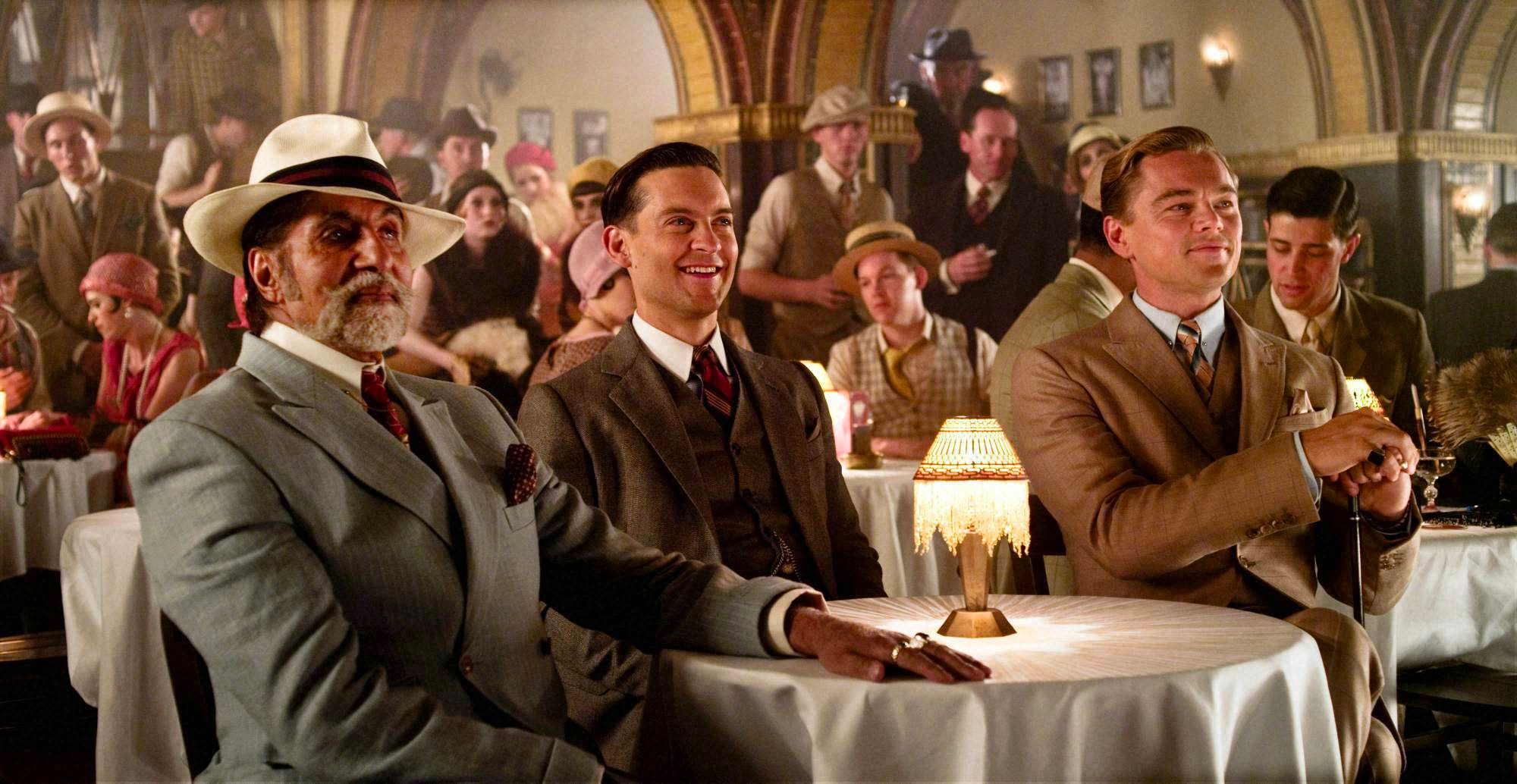Books & Culture
Planting a Tree in Israel Without Staying to Watch It Grow
The poignant comedy of Dalia Rosenfeld’s The Worlds We Think We Know

Rona wants to move to Paris or Rome or Tel Aviv but instead she lives in a small town in Ohio as a stay-at-home wife of a doctor who gets stuck in bed with migraines. “Stinkbugs fell from the ceiling onto my head while I slept, and the Food Lion in town was forever out of vegetables,” Rona says. She thinks if her husband prescribed her a good tranquilizer, she might arrive at “the state of mind conducive to sleeping ten hours straight with the TV and lights on.”
The characters in Dalia Rosenfeld’s debut short story collection, The Worlds We Think We Know, are often stuck between their connection to their Jewish culture and their displacement from it. Rona, for example, walks around town reading Sholem Aleichem, a 19th century Yiddish author. She gets these books from her mother who thinks if her daughter spent enough time “back in the shtetl,” she would stop complaining about her life in Ohio. When a neighbor recognizes what Rona’s reading and says the writer’s name out loud, pronouncing the guttural ch, Rona’s smitten. “I had hoped we could talk about literature a little longer,” Rona later says as the man admires her breasts in the bathtub. “That was half the reason I had taken off my clothes. The other half, as I have already suggested, was pure physiognomy.”
Rosenfeld writes funny and poignant stories about the struggle to feel at home in the world. In “Swan Street,” a couple moves just because the husband feels fidgety. He trips over a hole in their yard in Israel and declares he cannot live in a country with a permanent frost beneath its soil. In another story, the narrator tells an old man that her parents tried to raise her “to be the kind of Jew who could plant a tree in Israel without having to stay and watch it grow.”

A handful of Rosenfeld’s characters are spouses with not enough to do, so they spend time reading great novels and getting involved in small-town misbehavior. “I’m not sure why my husband let me lie in bed all day,” Rosenfeld writes in one story. “Maybe because he loved me? Or because he knew that it was safer for me to live in Isaac Bashevis Singer’s 1920 Warsaw or Jane Austen’s Pemberley than in dinky Lorraine?”
The rich stasis — the humor and modest drama — of Rosenfeld’s storytelling is reminiscent of Rivka Galchen’s work. In one great Galchen story, the narrator has so little meaningful activity to occupy her time that she focuses on not doing things. “I was trying to eat a little less often, it’s true,” Galchen writes. “I could be like those people who by trying to quit smoking or drinking manage to fit an accomplishment, or at least an attempt at an accomplishment, into every day.” Galchen and Rosenfeld write characters that crave engagement but are overwhelmed by the thought of pursuing it. In “A Famine In The Land,” Rosenfeld’s narrator grows frustrated with her sleepy bar mitzvah mentee:
“I cursed his parents for not enforcing a proper bedtime, and then myself for not knowing when that might be. Nine o’clock? Ten? How many hours did a preteen require these days? It was not enough to know that I needed twelve.”
The lush melancholy of this collection is bolstered by the characters’ deep intelligence and wit, and that spirit coalesces into a final piece called “Naftali,” a story about a woman vying after a man she will never be able to have. The narrator says, “It was easy for me to love [Naftali] without knowing him. He lived in Jerusalem, a city that belonged to my heart like no other.” But even in the holy city with the Jewish man of her dreams, this protagonist feels uncomfortable with her heritage. “I created only more chaos,” she says of her conversations with Naftali. “I could have given up then, admitted to myself that while we might have shared the same roots, there was no point in carrying on like an archaeologist, trying to produce evidence of an unbroken past.”
A Burial Story About Far-Away Family
Jewish history is shredded through with displacement, and many of Rosenfeld’s characters are caught in the position of a having a long cultural history and no sense of home. “The streets were full of people like me,” Rosenfeld writes, “carrying their burdens from one place to another, stopping once, but never more than that, to admire the bougainvillea cascading over fences and stone ledges.” Naftali never stays in around Jerusalem for long, and says, “A Jew must always keep a packed bag under his bed, in the event he has to leave in a hurry.”
Rosenfeld expertly uses sadness and humor side by side, and her characters, while often vying for something more, are full of life. Couples in Rosenfeld’s stories agree to flirt a bit at parties, “just enough to keep a small cosmopolitan spirit alive, and to stay off antidepressants.” One narrator goes out for a drink with one of her husband’s visiting colleagues, a woman named Sophie, and after half a glass of wine is punctuating her conversation with joyful slaps to Sophie’s knee. She says, “While we talked, we got hungry and ordered food, first a plate of polenta fries, then a dish of asparagus, and finally the $25 steak special, which we took turns eating with one fork, even though the server had brought us two.”
That’s what reading Rosenfeld’s writing is like: You sit down to commiserate over your pain, and before you know it you’re laughing and ordering more drinks — more plates of food.








